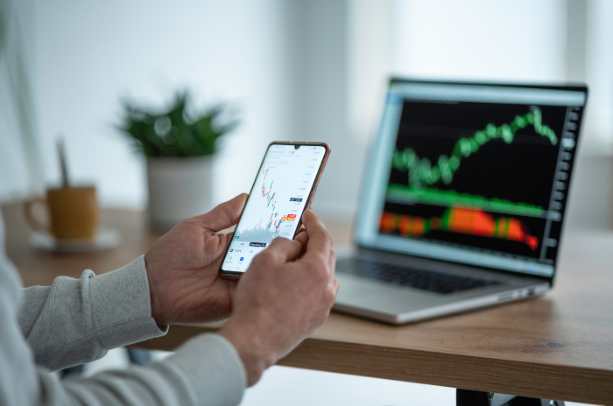When did Algo trading originate in India and how did it Evolve?
Algo Trading Specifics
Algorithmic trading, commonly known as algo trading, refers to automated trading or black-box trading. What sets algorithmic trading apart is its utilization of specific trading strategies. By leveraging pre-programmed algorithms, transactions are conducted on the stock market. These algorithms consist of defined sets of instructions. Through this method of trading, profits can be generated at frequencies and speeds that surpass those achievable by human traders.
What is Algorithmic trading?
Algorithms, or precisely outlined instructions, rely on factors such as price, timing, quantity, or other mathematically-derived models. In addition to yielding profits for investors in the stock market, algorithmic trading enhances market liquidity. By systematically executing trades, it eliminates the influence of human emotions in the trading process. To delve into the realm of algorithmic trading, one can initiate the process by opening a demat account linked to specific providers that offer algorithmic trading services.
When did algo trading start in India?
In the year 2008, an unforgettable directive from SEBI - the Securities and Exchange Board of India, declared the opening of Indian markets to algorithmic trading. This marked the inception of Direct Market Access (DMA). The introduction of DMA enabled brokers to establish their own infrastructure for non-retail clients. These clients were empowered to execute trades using programs known as algorithms. It represented the inaugural instance of algorithmic trading in India, conducted without any intervention from human operators.
Evolution of algo trading
Over time, frameworks utilizing arbitrage mechanisms were constructed for Equities, Options, and Futures on both the National Stock Exchange (NSE) and the Bombay Stock Exchange (BSE). From 2011 onward, the turnover percentage in BSE's Equities segment, influenced by algorithmic trading, has witnessed a growth exceeding fifty percent.
Smart Order Routing
In the year 2010, algorithmic trading underwent a significant transformation in India. It is widely recognized that the BSE and NSE are in fierce competition, vying for the same market participants since identical stocks and securities are listed on both exchanges. In 2010, SEBI introduced a groundbreaking concept known as 'Smart Order Routing' (SOR). With the implementation of SOR, investors gained the ability, almost instantaneously, to place trade orders without concerning themselves with which exchange offered better prices for securities. This development not only elevated confidence among participants but also had a positive impact on the overall stock market. Traders were now assured of obtaining the best price execution. Transaction volumes and liquidity saw an increase across both the BSE and the NSE.


